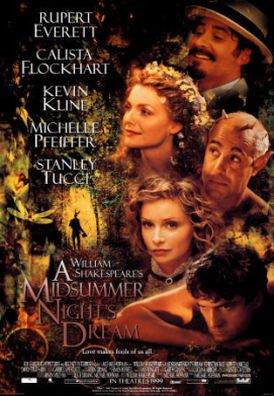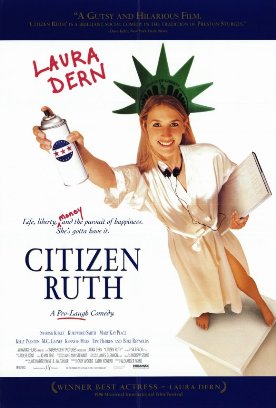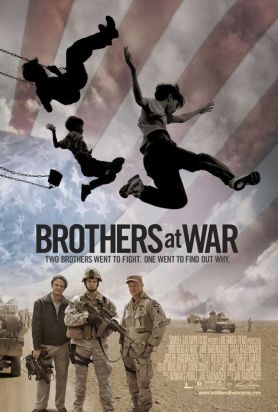Devil’s Own, The
The Devil’s Own by Alan J. Pakula is a dishonest film in the way that we have come to expect Hollywood films to be dishonest when they deal with politics. Here we see noble IRA terrorists fighting only against heavily armed (and comically incompetent) British soldiers instead of blowing up innocent civilians, which is what most of the real IRA’s killing consists of. The British, naturally, so far as they are depicted at all, come across as sinister and corrupt killers whose reign of terror in Ireland is conducted by assassination—though they may be defeated if they can be lured into a pitched battle. In other words, just the opposite of reality. Most importantly, however, the film is dishonest in that it does not have the courage of its own convictions.
For if it really believed in the nobility of the Provisional IRA and the evil of the British—as at various times and as a sop to the (mostly American) IRA sympathizers who will always turn out for a film like this it pretends to believe—why would it not make a conflict between the two the centerpiece of its narrative? Well, because a film like this costs several tens of millions of dollars to make, and so it cannot afford to tread on too many toes. Accordingly, the British make an early exit, apart from one late appearance by gold-toothed assassin in a tie and a trench coat called Harry Sloane (Simon Jones) whose only job is to look sinister. Instead we have an evil gang of international arms merchants led by one Billy Burke (Treat Williams) whom everyone can hate and enjoy seeing wiped out en masse in a gunfight with the miraculously quick and straight-shooting IRA man played by Brad Pitt.
“You’re a very stupid man, Mr Burke,” says Brad in a not-completely unconvincing Ulster accent—not once but twice. You have to wonder about the dramatic wisdom of his calling so much attention to the fact, since it is one of the film’s glaring weaknesses that pretty much everyone who takes on Mr Pitt’s Frankie McGuire is of subnormal intelligence. Already by the second time he points out Burke’s virtually cretinous stupidity we are beginning to wonder how this man could have got to be such a success as an international arms dealer with hardly any more wits about him than a British soldier.
Frankie does all his serious interacting with Tom O’Meara (Harrison Ford), with whom he lodges when he comes to America in order to buy Stinger missiles for shooting down British helicopters. Tom is a New York police sergeant who is also pretty dumb, in that he has no idea that he’s got a terrorist living in his basement, but who is meant to be likeable. A bond quickly forms between him and Frankie and there are several scenes of warm domesticity at family dinners with Tom’s wife, Sheila (Margaret Colin), and three daughters and at a confirmation party with Irish music and dancing and at the local pub where the two men drink Guinness and shoot pool. All this helps to convince us of Brad-boy’s humanity. Hm. Maybe this peace stuff isn’t so bad after all, he begins to think.
He even gets himself a girlfriend, played by the toothsome Natascha McElhone, but we don’t see enough of her to form any firm impression apart from the fact that she likes kids (especially red-haired Irish kids) and just loves Brad, and so she has to be content to merely represent unfulfilled promise. It is not to be, this idyll of settling down, like so many of his fellow Irish, to happy domesticity in the Big Apple. Having been told the story of how he, Frankie, had seen his innocent fisherman-father gunned down in front of his eyes when he was eight, Tom asks: “Did they get the f*****s?”
“‘They’ are the f*****s,” replies Frankie. “Don’t look for a happy ending, Tom. It’s not an American story. It’s an Irish one.” This line is thought to be so good that it is repeated at the end, as if Mr Pakula and his screenwriters, Robert Mark Kamen and Kevin Jarre, were frightened that the imbecilic audience for whom they wrote this pap would come out of the cinema at the end scratching their simian heads and saying: “I don’t get it,” when one of the two major stars ends up dead. In fact it is as American a story as they come. Not because it has a happy ending but because it manages to be unhappy while at the same time remaining completely detached from tragic reality. The nearest thing to a political statement that the highly politicized Frankie is allowed is when he says: “We’re dealing with a government that has failed everybody—both sides.” And what government would that be? Saying something like that is the easiest way in the world to appear wise, but in practical and political terms it is completely nonsensical.
Discover more from James Bowman
Subscribe to get the latest posts to your email.







